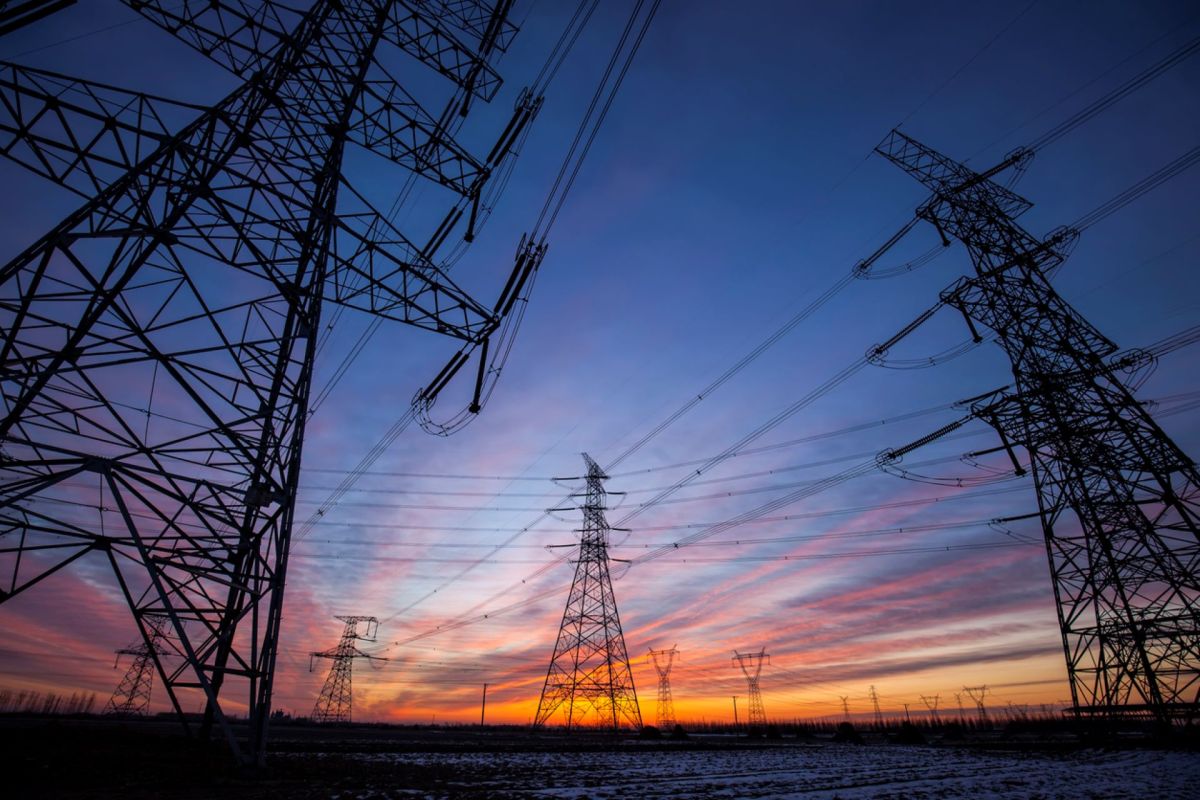According to a 2023 study, the Inflation Reduction Act has helped the U.S. slash its carbon pollution by 4% annually since its passage in 2022 — double the pace it was a year before the law — but some say it still falls short, as Reuters reported.
The IRA and Bipartisan Infrastructure Law provided $239 billion in funding for clean energy, electric vehicles, electrification of buildings, and carbon management in the U.S. last year. This included tax breaks for Americans to pay for green home renovations like solar panels and heat pumps, as well as EVs.
However, some experts say the law hasn't done enough to get the country on track with its climate goals.
"The IRA doubles the pace of reductions but should have tripled it to hit our 2030 climate goals and get on the path to net-zero by 2050," Jesse Jenkins, one of the study's participants, told Reuters.
One challenge has been state and local regulations that have hindered the development of new transmission lines, according to Reuters. Meanwhile, the country's EV charging station network has not materialized as quickly as some had hoped.
Plus, while the IRA has seen winners in some industries like wind and solar, other sectors, like hydrogen, carbon sequestration, geothermal, and nuclear, have fallen behind.
Though the IRA may fall short of some experts' expectations so far, it has driven some notable progress in helping Americans cut planet-heating pollution, helping people to upgrade their homes while also encouraging more widespread adoption of clean energy technology.
This progress toward cutting carbon pollution is critically important in helping avert the worst impacts of a warming world, according to the United Nations. Already, we are seeing the consequences of rising global temperatures — in 2023 and 2024, droughts contributed to price spikes on food staples like olive oil and sugar, led to devastating forest fires that displaced local communities, and caused shortages of potable water.
Sonia Aggarwal, chief executive officer of the California-based environmental policy firm Energy Innovation, told NPR that she sees the IRA leading Americans into a new phase.
"We have completely changed direction on our energy policy such that we will actually have a chance to meet our climate goals, which certainly was not the case even just a couple of years ago," she told the publication.
"The IRA really has acted like rocket fuel across every segment and corner of our industry," said Heather O'Neill, head of the trade group Advanced Energy United, per NPR.
Join our free newsletter for cool news and actionable info that makes it easy to help yourself while helping the planet.









